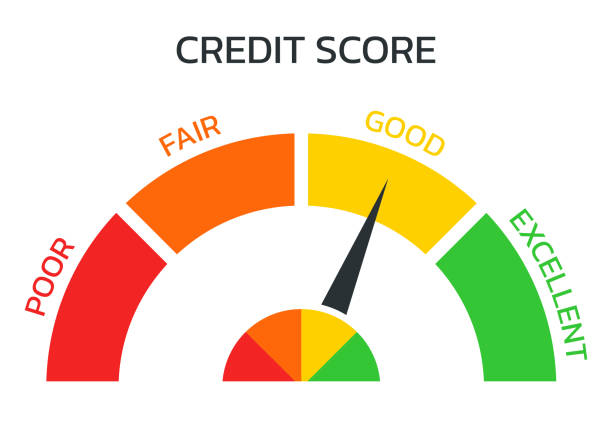
In the USA, a key factor that determines your financial meter is your credit report and score. Your eligibility for loans, credit cards, mortgages, and even insurance rates are all heavily influenced by it. It’s crucial to understand the aspects that can affect your credit score if you want to keep your financial situation rock solid. To assist you in making wise choices to enhance and maintain a favorable credit profile, we’ll examine the major aspects affecting credit ratings in the USA in this post.
Financial History
In the USA, your credit score is mostly influenced by your payment history. Lenders seek to determine if you have a history of timely debt repayment. Missing payments or paying them after the due date can severely damage your credit score. Therefore, ensure to pay all of your bills on time, including those for credit cards, loans etc.
Utilization of Credit
The percentage of your available credit that is currently being used is known as your credit usage ratio. A high usage ratio indicates that you may be a higher risk to lenders because you may be overly reliant on credit. Keep your credit use below 30% to keep your credit score strong. Try to maintain your utilisation below $3,000, if your credit limit is $10,000.
Length of Credit History
Another important consideration is the duration of your credit history. Longer credit histories provide lenders more information to effectively evaluate your creditworthiness. Consider keeping your oldest accounts open and in good standing if you’re just getting started with credit to help establish a strong credit history.
Credit Blend
Your credit score may be boosted by having a variety of credit types. This is combining installment credit—such as mortgages and auto loans—with revolving credit, such as credit cards. Lenders can tell you are a well-rounded borrower if you can demonstrate that you can responsibly manage a variety of credit kinds.
New Credit Requests
A hard inquiry is made into your credit history each time you apply for new credit. Lenders may assume that you are actively looking for credit if you make several hard queries in a short period of time. This could make you a higher risk. To lessen the influence on your credit score, only apply for new credit when you truly need it.
Public Documents and Resources
Bankruptcies, tax liens, and collections are just a few examples of negative public records that can seriously harm your credit score. Aim to pay off or settle any unpaid bills as soon as possible and stay away from legal action that can damage your credit.
Age of Credit Accounts
Your credit accounts’ age is important. In general, having accounts that are older on average is good for your credit score. Do not cancel out of date credit cards as this could impact your credits age.
Conclusion
In the USA, a critical aspect of your financial life is your credit rating. You can take proactive steps to preserve and raise your credit score by being aware of the variables that affect it. Pay your bills on time, keep your credit usage minimal, and keep a variety of credit cards open. Additionally, avoid asking for new credit without need and swiftly take care of negative entries on your credit report. You’ll be on your way to a healthier credit profile and better financial possibilities in the USA by putting these habits into effect.
